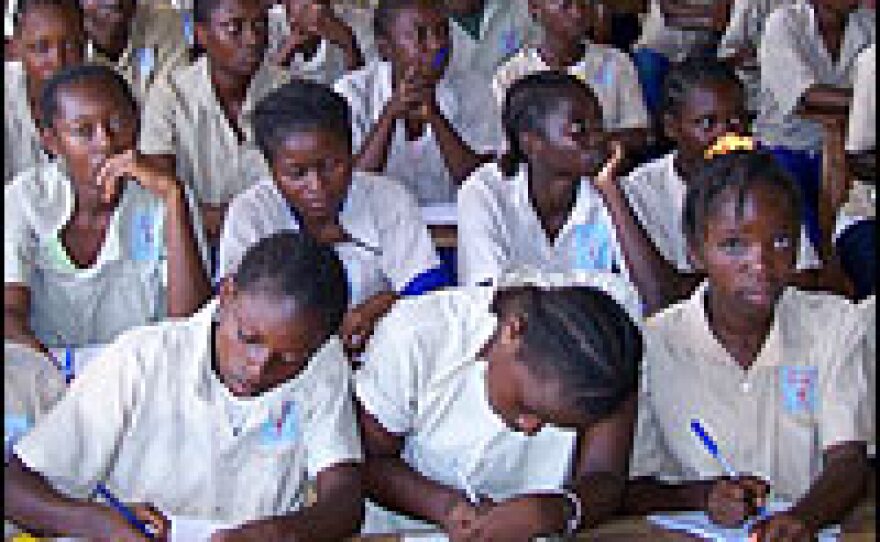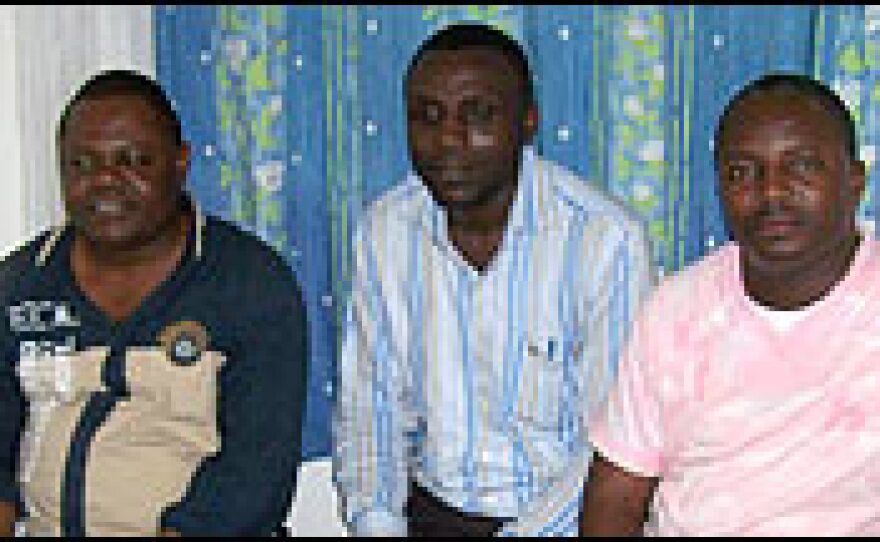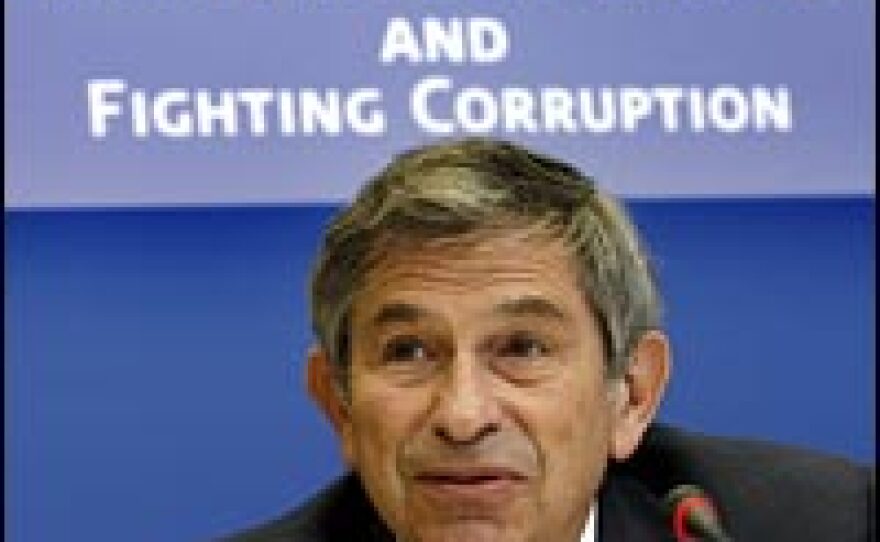

As the Deputy Secretary of Defense, Paul Wolfowitz was a leading architect of the Iraq war, boldly arguing that the overthrow of Saddam Hussein could lead to a new era of democracy in the Middle East. His pre-war prediction that the Iraqi people "will greet us as liberators" was later cited by war opponents as an example of the mistaken assumptions that undermined the U.S. effort in Iraq.
In 2005, President Bush picked Wolfowitz to head the World Bank, an institution dedicated to fighting poverty, not waging war. But Wolfowitz has faced almost as much controversy in his new job as he did at the Pentagon, and once again, it is a provocative Wolfowitz idea that is causing the stir.
Since arriving at the bank, Wolfowitz has argued that the biggest barrier to development in many poor countries is a high level of government corruption.
"Corruption is often at the very root of why governments do not work," Wolfowitz argued in a speech in Indonesia in April 2006.
He felt so strongly about the need to fight corruption that he moved on his own to suspend World Bank assistance to several countries because of his dissatisfaction with their anti-corruption efforts. In the process, however, Wolfowitz angered key European governments. He also alienated many staff members who felt he was acting arbitrarily and disregarding the views of development professionals with many years of World Bank experience.
The Republic of Congo, in West Central Africa, is among the countries where corruption allegations have prompted Wolfowitz to try to block international assistance. Nearly 70 percent of the population in the former French colony subsists on less than $1 per day.
The country, however, has 1.5 billion barrels of proven oil reserves and is currently the fifth-largest oil producer in sub-Saharan Africa. Anti-corruption activists in Congo say the government has failed to reveal how it's using its oil revenues, and they suspect that much of the country's wealth is being diverted by its ruling elite.
"It must be said that all the problems we face are tied to this fight against impunity, against corruption, and against the lack of transparency in government," says Christian Mounzeo, an activist with the Publish What You Pay coalition in Congo. Mounzeo's allegations got him in trouble with Congolese authorities earlier this year, and he is currently not allowed to travel outside of his hometown of Pointe-Noire.
Early last year, a British newspaper reported that Congo President Denis Sassou-Nguesso and his entourage had run up hotel bills in New York totaling several hundred thousand dollars while attending a United Nations General Assembly meeting the previous fall. The professional staff of the World Bank and the International Monetary Fund at the time had concluded that Congo qualified for debt relief under the bank's Heavily Indebted Poor Countries (HIPC) initiative and were recommending that the relief be approved.
After Wolfowitz learned of Sassou-Nguesso's extravagant hotel spending, however, he declared that Congo's anti-corruption record was not good enough to warrant the debt relief. A major fight ensued at the World Bank Board of Directors, which is made up of representatives of the governments that provide funding for Bank initiatives.
"Wolfowitz wanted to change the rules in the middle of the game," says a French official who asked to remain anonymous while discussing the Congo negotiations. The World Bank Board, the official says, told Wolfowitz, "You cannot work like this."
The French and other European government representatives argued forcefully that the World Bank needed to remain engaged in poor countries such as Congo, regardless of how corrupt their governments may be.
Mounzeo and other anti-corruption activists, however, applauded Wolfowitz for taking a strong stand against the Congolese authorities. The Publish What You Pay coalition wrote an open letter siding with Wolfowitz and asking that Congo not be given debt relief.
"If Congo cannot manage the resources it is already earning, what would happen to all the cash that would come back as a result of debt relief?" Mounzeo wonders. "It would be asking for disaster."
The episode highlighted the debate within the World Bank prompted by the arrival of Paul Wolfowitz. His argument that fighting corruption is a prerequisite for ending poverty is diametrically opposed to the views of many Bank professionals.
"The World Bank is a development institution, not an anti-corruption institution," says Dennis de Tray, who left the bank in 2006 after more than 20 years directing programs from Indonesia to Latin America. "It's not a police force, and it's not a keeper of moral standards. The bank's approach to corruption needs to be seen through a development lens. Corruption is just one of many constraints that developing countries face."
In the end, Wolfowitz agreed to allow the debt-relief program for Congo to proceed, though not without strict requirements that the government improve its anti-corruption efforts. He was not deterred, however, in his anti-corruption drive. In the following months, he suspended a major World Bank aid effort in India, again because of corruption allegations.
In response to what they viewed as arbitrariness in his approach to poor countries, the governments represented on the World Bank Board of Directors subsequently instructed Wolfowitz to draw up a comprehensive strategy making clear the conditions under which a country stood to lose World Bank assistance as consequence of its poor governance record. That strategy is due to be discussed at the spring meetings of the World Bank, which open this weekend in Washington.
Part 2 of this report, airing on Friday's Morning Edition examines how Wolfowitz and his management style have led to conflict with the bank's professional staff.
Copyright 2022 NPR. To see more, visit https://www.npr.org. 9(MDAzMjM2NDYzMDEyMzc1Njk5NjAxNzY3OQ001))







